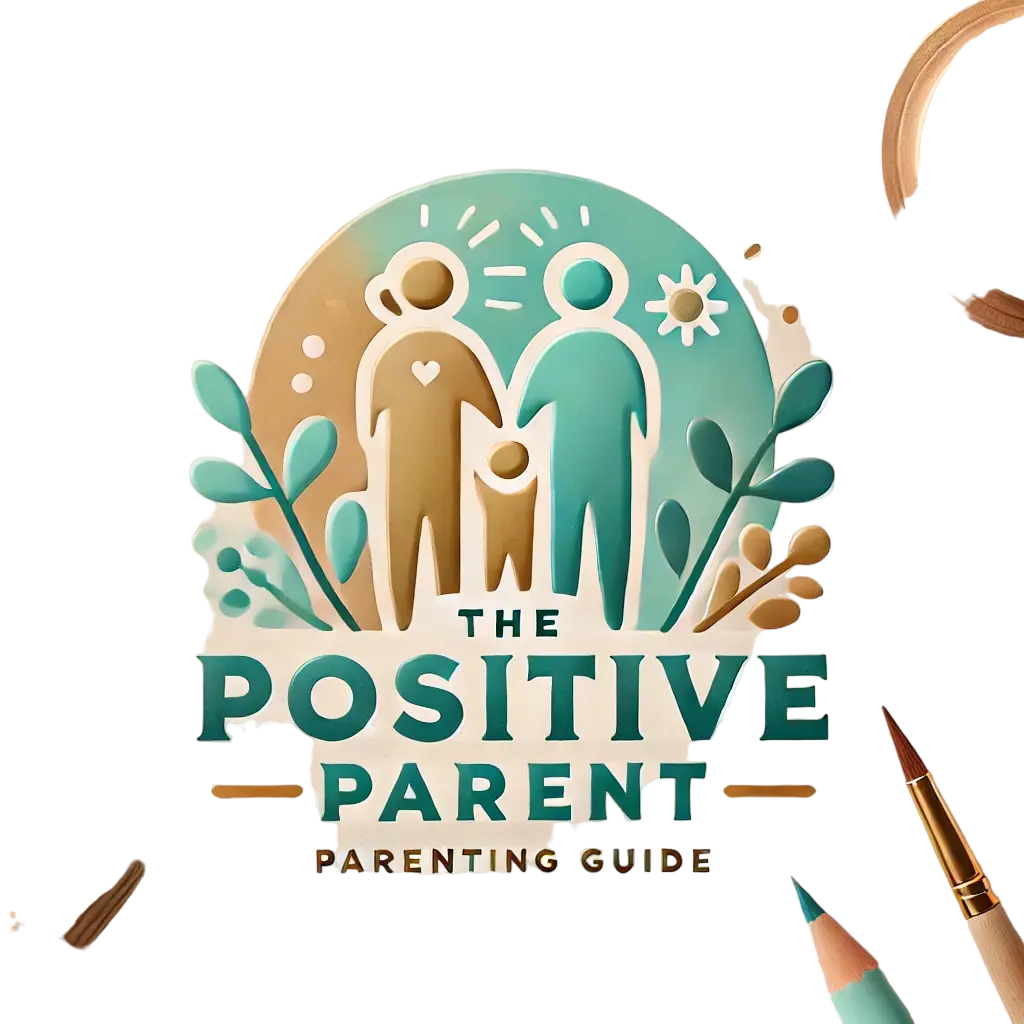10 Life Skills To Teach Your Kid Before Age 10
Category
Categories

10 Essential Life Skills To Instill in Your Child Before Turning 10
Empower your child with crucial life skills that go beyond academics. From basic first aid to independent meal preparation, these lessons are invaluable for their growth and independence.
In today’s digital age, children often excel in navigating technology but may lack essential practical life skills. Research from AVG Technologies revealed that while many young children can use smartphone apps, only a small percentage can perform basic tasks like tying shoelaces.1
Tim Elmore, the founder of Growing Leaders, emphasizes the importance of teaching children independence by allowing them to learn and grow through experience. Rather than paving the way for them, parents should prepare their children to navigate life’s challenges themselves.
Early introduction to practical life skills can set your child on the path to self-reliance and resilience. Discover key tips for imparting essential skills to your child and the crucial life lessons to prioritize before their 10th birthday.
Cooking a Basic Meal
Get your child involved in meal preparation and try to stay patient when mistakes happen. Here are some tips to help young children begin cooking:
By gradually building their kitchen abilities, kids should be capable of using the stovetop under supervision by the time they are 10 years old.
Using Technology Responsibly
As children are increasingly glued to screens, it is crucial to establish guidelines to assist them in navigating the online world safely. Joscelyn Ramos Campbell, a mother of four from Clermont, Florida, and the blogger behind Mami of Multiples, emphasizes the importance of instilling these rules early on when children start using technology independently. Here are some key practices to consider:
Cleaning and Laundry
Many teenagers leave home without knowing how to clean their living space or do laundry. It’s essential to teach your child these skills to ensure they are prepared for independent living.
In addition to tidying up after themselves, kids should learn how to wash dishes, vacuum, and dust. Laundry lessons can start as early as age 6, with a step stool near the top-loading washer for easy access. Walk them through the process of measuring and adding detergent, selecting settings, and starting the machine, making the learning experience enjoyable.
Amy Mascott, a blogger at Teach Mama, creatively taught her three kids laundry tasks by assigning fun names to each job, such as Wash Warrior, Super-Fly Dry Guy, and Put ‘Em Away Triple Play.
Tending to Outdoor Space
Taking care of an outdoor landscape involves various activities like planting seedlings and raking leaves. It is beneficial for individuals of all ages to learn essential gardening and yard maintenance tasks, including weeding and pruning shrubs. Engaging in these activities not only keeps children active outdoors but also fosters a sense of responsibility.
Writing a Letter
The art of writing letters may be fading away, but there are ways to revive it. Even toddlers can participate by dictating a message to a loved one or friend, adding drawings, and sending it off with a stamp. Older kids can write their own letters, address envelopes, and learn about the five essential parts of a letter: date, greeting, body, closing, and signature.
Helping Someone Who Is Choking
It is possible for young children to acquire life-saving skills. The American Heart Association states that children as young as 9 can learn CPR. Programs like Heimlich Heroes provide training resources for abdominal thrusts for kids from second grade onwards.
Andrea Saroza, a former EMT and mother from Cumming, Georgia, used teddy bears to demonstrate basic first aid to her preschool-aged children. These lessons proved valuable when her daughter Kiara successfully saved her younger sister Jadah from choking in a restaurant.
Tip
Heimlich Heroes offers a complimentary 15-minute virtual training session for teaching the Heimlich maneuver. The training is divided into lessons suitable for different age groups.
Treating a Minor Wound
To prevent your child from getting upset when they see blood, it is essential not to overreact yourself. Having a prepared first-aid strategy can divert their attention from the pain and be beneficial for moments when you are not present to comfort them with a kiss to their boo-boos.
When dealing with a minor cut, the American Academy of Dermatology Association suggests the following straightforward steps:3
Navigating
Understanding how to read a map is crucial, especially when GPS directions can be confusing. Encourage your child to participate in activities like treasure hunts, geocaching, or leading the way through places like the zoo or museum to enhance their navigational abilities.
Tip for Ensuring Child Safety
If there is an urgent situation when GPS is inaccessible, it is important for your child to be familiar with their home address and the route to return home from locations they visit regularly such as school. Identify specific landmarks and roads in the vicinity of your neighborhood to help them navigate and always safely find their way back home.
Managing Money
Teaching children about money management and smart consumer habits is essential. Utilize the following three-step method to educate your kids:
Wrapping Gifts with Kids
Engage your child in the joy of gift-giving by involving them in the wrapping process. Young children can assist by cutting paper and using tape, while older kids may need help with tasks like removing price tags, selecting the right box size, and wrapping the paper around the gift to ensure a proper fit before cutting.



